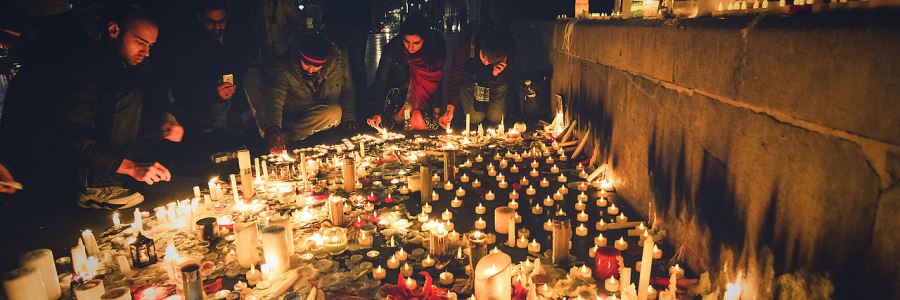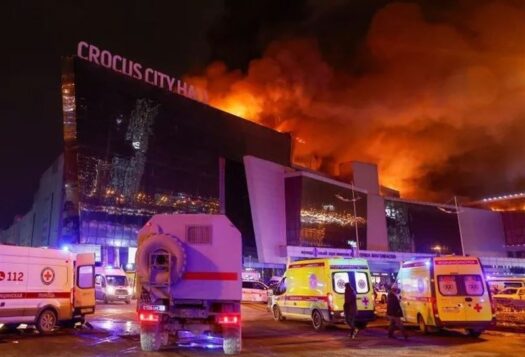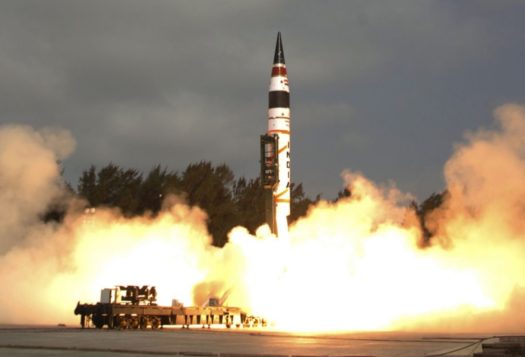
December 16 marked the first anniversary of the Army Public School attack in Peshawar, which resulted in the deaths of at least 131 school children. To say that the attack was horrific and savage is an understatement. It can be characterized as a chilling technique, absent from previous attacks, aimed at the softest of targets. The Taliban boldly claimed responsibility for the attack as a reprisal for the ongoing Zarb-e-Azb operation in the North Waziristan region. The outpouring of grief, sorrow, shock, and anger directed at the Taliban defined Pakistan’s discourse on terrorism. Clearly, the initial decision to consider the Tehreek-e-Taliban (TTP) as a potential stakeholder in a crippled negotiations process initiated by the PML-N government had failed, and the blowback was severe.
The attack managed to isolate all potential avenues for negotiations with the Taliban, and beefed up the ongoing Zarb-e-Azb operation, with the lifting of the moratorium on death penalty, as well as the enunciation of the National Action Plan. It helped unite a nation which had rendered innumerable sacrifices in the line of terror since the 1979 Soviet Afghan War. Cold war geopolitics and policy blunders on the part of a ruthless dictator in General Zia-ul-Haq meant that entities such as the TTP became a security quagmire for the state. Their ideology coincided with Zia’s attempts at revisionism through Islamization policies, in a country which was united by religion but couldn’t be more ethnically and culturally diverse.
Diversity and social activism were visible when several scholars, writers, and students took to social media and expressed their grief over an incident which acted as a wakeup call for everyone. The attack was something of an anomaly for Pakistanis, given that many failed to fathom as to why unarmed children, who preferred brain over brawl and were digging into books instead of bombs, were shot with savagery. This allowed more room for policymakers and thinkers to employ indiscriminate killing against all terrorist groups.
It was definitely the right idea, but should have been done a long time ago. Playing the good Taliban, bad Taliban game has often backfired, and resulted in disastrous consequences. The disapproval expressed by some of the TTP’s staunchest advocates such as the Afghan Taliban buttresses this point. Challenging the writ of the state, killing children, and calling for replacing the existing system with their interpretation of religion, surely doesn’t warrant negotiations but a brutal response.
To Pakistan’s credit, such a brutal response was initiated by the central leadership and the military establishment, and considerable headway has been made in tackling the menace of terror through initiatives such as the National Action Plan and Operation Zarb-E-Azb. Still, the scope of the current operations needs to expand, given that the argument that madrassas funded by the Middle East are fomenting discord under the garb of religion still holds strong. While the focus is almost explicitly on arrests, executions, and death penalties for terrorists, it is equally important to counter the ideology of the TTP, through education, poverty alleviation, and good governance.
What is alarming is that pseudo-clerics in Islamabad in 2015 have started rabble rousing against democracy and the civilian government. This is a dangerous overtone, as the average Pakistani continues to be held hostage to exploitation, poverty, corruption, and unemployment, rendering him vulnerable to potential recruitment by the Taliban. Those with bigoted mindsets, who claim to champion the cause of Islam, are provided with a vacuum to thrive, as long as policy making fails to have a trickledown effect on the poor.
While economic development is undoubtedly important for Pakistan, initiatives on education and health, as well as clamping down on corruption in institutions is equally important. A vulnerable society becomes a breeding ground for extremists who are elaborate in their funding activities, organized in their modus operandi, and purposeful in their intent. Curbing funding to madrassas which are operating outside the scope of religion is as important as banning hate speech all together.
Pakistan can undoubtedly feel proud of its achievements in tackling terrorism so far. But the first anniversary of the most deadly attack in the country’s history serves as a reminder that more effort needs to be directed in defeating a particular mindset. Policymakers need to ensure that such wakeup calls do not get repeated, and good governance and stable institutions act as a catalyst for defeating extremism. Knee-jerk reactions may not make the cut. The parents who lost their children to the attack certainly deserve a lot more.
***
Image: Kashif Haque, Wikipedia


